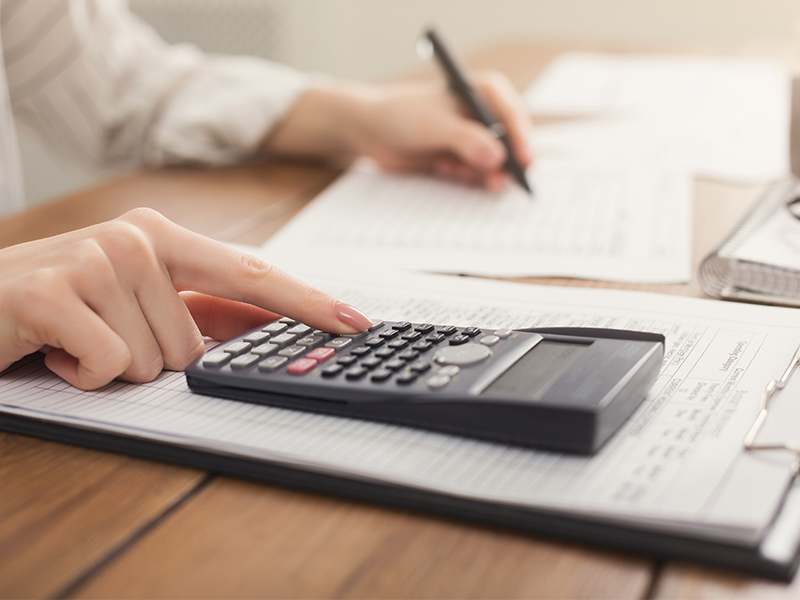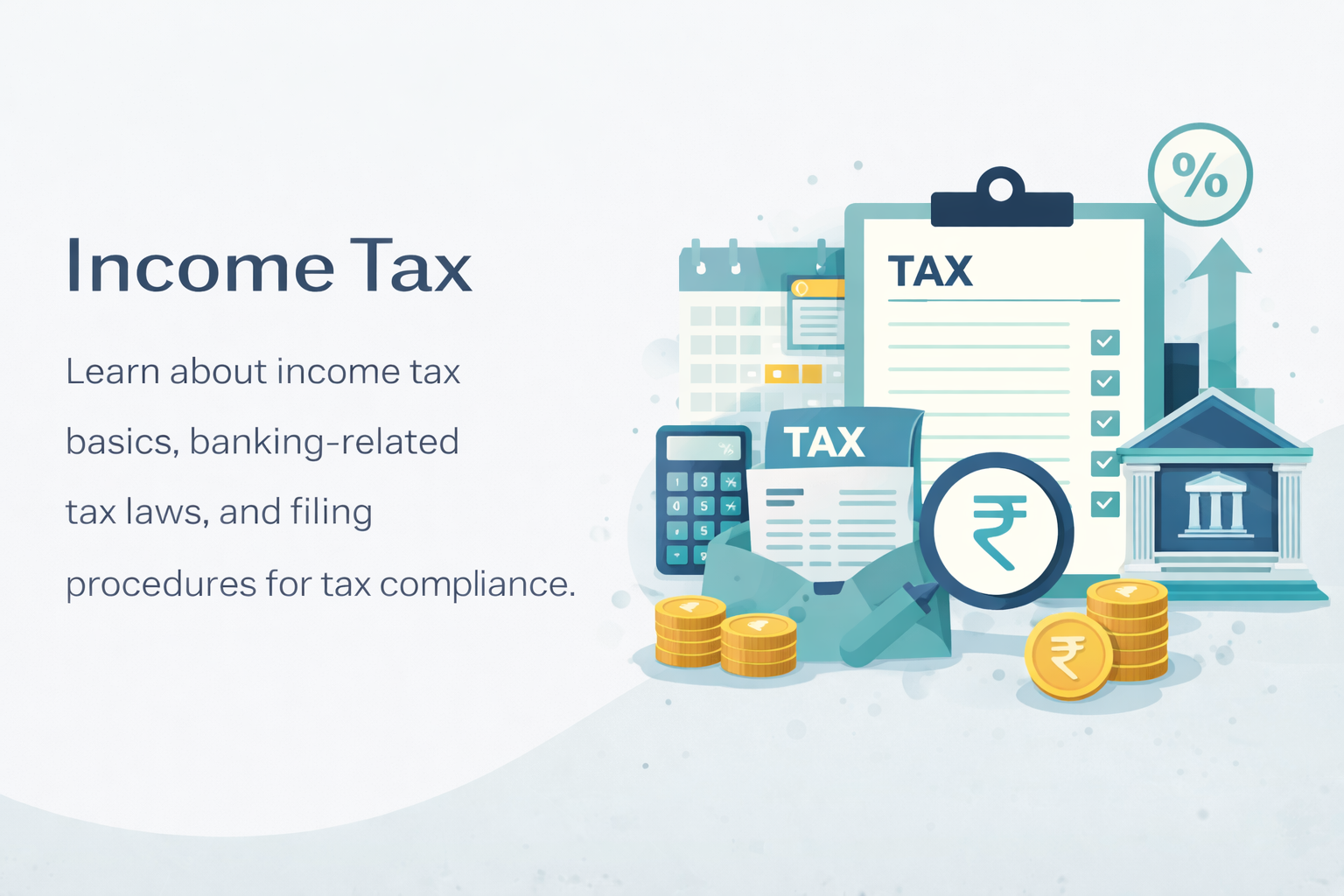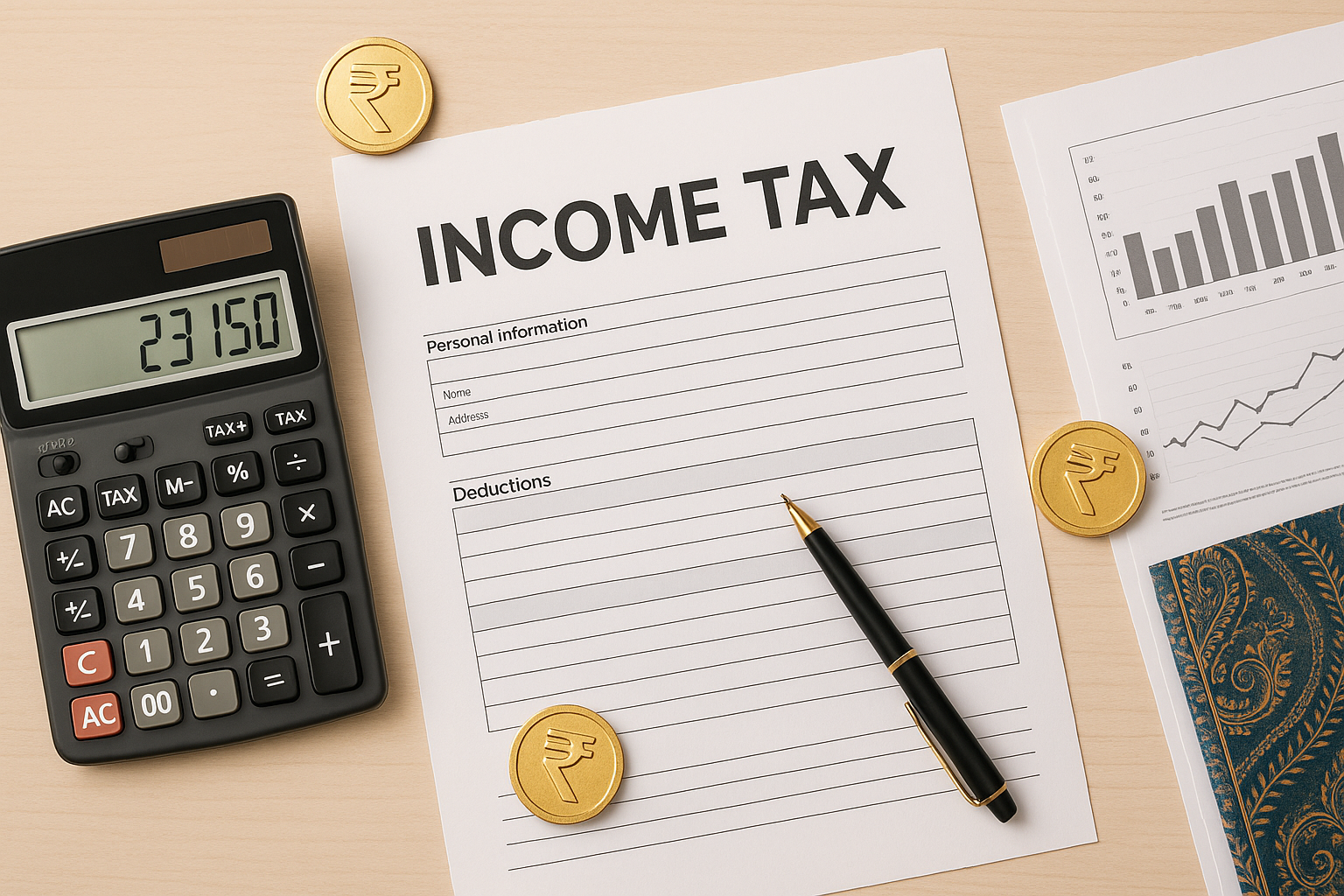In the budget 2020-21, a new Section 115 BAC being introduced to income tax act whereby an individual and HUF can opt to pay tax as per new tax rates in case he/she is ready to forgo all exemptions and deductions. Individuals opting to pay tax under the new lower personal income tax regime will have to forgo almost all tax breaks they were claiming in the current tax structure. The important tax breaks that will not be available under the new regime include Section 80C (Investments in PF, NPS, Life insurance premium), Section 80D (medical insurance premium), tax breaks on HRA, interest deduction on Home loan under section 24(b) in respect of self-occupied house, deduction under section 57(ii a) of 1/3rd of Family Pension, minor income exemption under section 10(32). The tax breaks for the disabled and for charitable donations will also go. The deductions and exemptions one will have to forgo if he/she opts for new income tax structure are listed in the annexure.
What is not touched under the new act?
Important tax exemptions which are untouched under section 115BAC of Income-tax act includes Standard deduction on rent*, agricultural income, income from life insurance, retrenchment compensation, VRS proceeds, leave encashment on retirement. However, Surcharge and Cess under existing tax structure shall continue as existing.
(*Meaning of Standard Deduction from Rent: At present Standard Deduction @ 30% is allowed for Income from Rent.)
The budget memorandum says, “The option shall be exercised for every previous year where the individual or the HUF has no business income, and in other cases, the option once exercised for a previous year shall be valid for that previous year and all subsequent years.”The taxpayer who opts for a new tax regime should exercise the option while filing the return for the assessment year 2021-22, and once exercised, it will be irreversible. Therefore, individuals will have to work out their liability under the old and new tax regime before deciding which one is more beneficial.
The comparison of existing (old) and rejigged new slabs are as under
Those earning up to Rs 5 lakhs are exempt from paying taxes
10% tax for everyone earning Rs 5-7.5 lakh against the current 20%
15% tax for everyone earning Rs 7.5- 10 lakhs against current 20%
20% tax for everyone earning Rs 10-12.5 lakhs against current 30%
25% tax for everyone earning Rs 12.5-15 lakhs against the current 30%
30% tax for income above Rs 15 lakh (Those earning more than Rs 15 lakhs get no exemptions)
The Cess at the rate of 4 percent and surcharge applicable as per your income level in the new proposed personal tax regime remains the same as in the existing tax regime. The effective tax rate for individuals with taxable income up to Rs 5 lakh would be nil under both the new and the existing tax regime as these individuals would be able to avail the tax-benefit of rebate up to Rs 12,500 under Section 87A under both regimes.
Now you have to decide which tax regime would be beneficial to you i.e., result in lower tax payable for each individual is likely to depend on his/her income composition and investments done in long term Life Insurance, PPF, health insurance premium payable, the standard deduction available, etc.
ANNEXURE
List of deductions excluded in newly introduced Tax Regime (Section 115BAC)
(i) Leave travel concession as contained in clause (5) of section 10;
(ii) House rent allowance as contained in clause (13A) of section 10;
(iii) Some of the allowance as contained in clause (14) of section 10;
(iv) Allowances to MPs/MLAs as contained in clause (17) of section 10;
(v) Allowance for the income of minor as contained in clause (32) of section 10;
(vi) Exemption for SEZ unit contained in section 10AA;
(vii) The standard deduction, the deduction for entertainment allowance and employment/professional tax as contained in section 16;
(viii) Interest under section 24 in respect of self-occupied or vacant property referred to in sub-section (2) of section 23.
(Loss under the head income from house property for the rented house shall not be allowed to be set off under any
other head and would be allowed to be carried forward as per extant law);
(ix) Additional deprecation under clause (iia) of sub-section (1) of section 32;
(x) Deductions under section 32AD, 33AB, 33ABA;
(xi) Various deduction for donation for or expenditure on scientific research contained in sub-clause (ii) or sub-clause
(iia) or sub-clause (iii) of sub-section (1) or sub-section (2AA) of section 35;
(xii) Deduction under section 35AD or section 35CCC;
(xiii) Deduction from family pension under clause (iia) of section 57;
(xiv) Any deduction under chapter VIA (like section 80C, 80CCC, 80CCD, 80D, 80DD, 80DDB, 80E, 80EE, 80EEA,80EEB, 80G, 80GG, 80GGA, 80GGC, 80IA, 80-IAB, 80-IAC, 80-IB, 80-IBA, etc).
The employers can claim deduction under sub-section (2) of section 80CCD (employer contribution on account of the employee in notified pension scheme) and section 80JJAA (for new employment) can be claimed.
Related Post:








